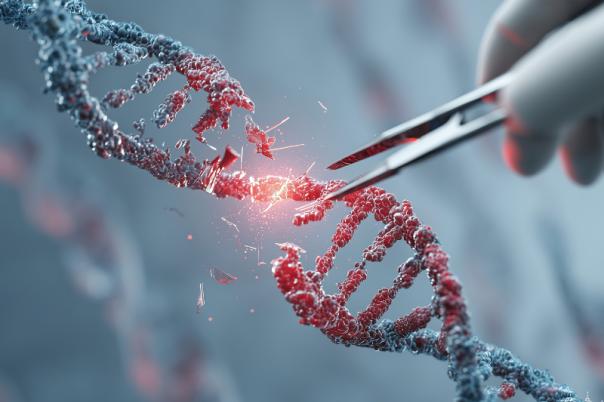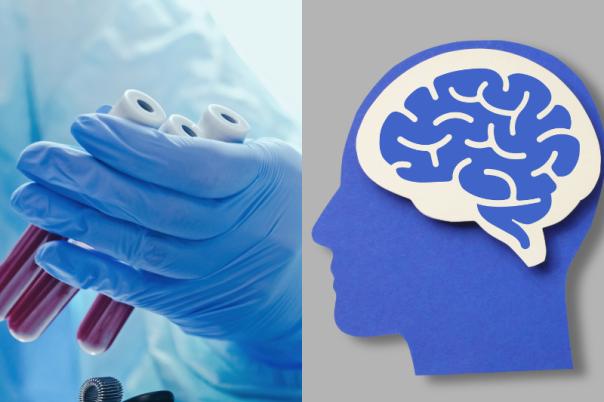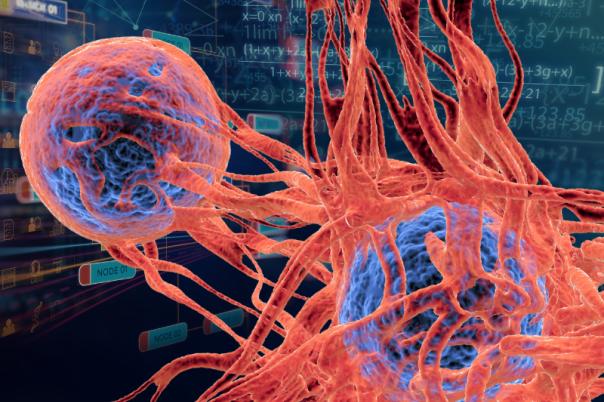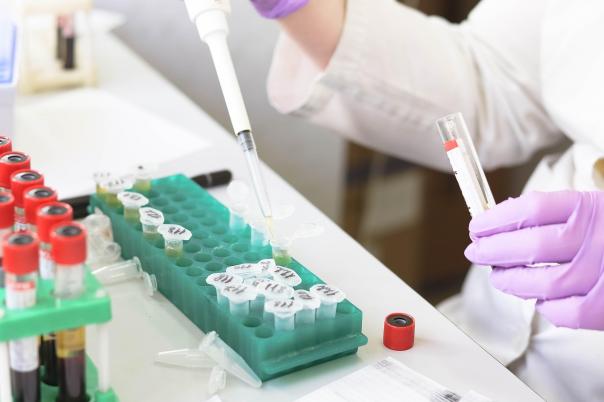Satya Saxena introduced the important work Eisai was doing on Alzheimer’s and other neurodegenerative diseases, highlighting a unique pipeline they had recently developed. He emphasised the critical role biomarkers played in drug discovery, clinical development, and disease progression tracking, particularly for Alzheimer’s disease. He noted the challenges in Alzheimer’s research due to the disease's multifactorial nature and varying clinical phenotypes, which complicate clinical prognosis and therapy development.
Saxena discussed the limitations of the multi-omics approach, suggesting that focusing on protein changes could be more effective for certain diseases. He stressed the importance of protein-based biomarkers, given the proteopathic nature of Alzheimer’s, and presented a study demonstrating poor concordance between RNA and protein data.
Rather than summing peptides, Saxena proposed analysing individual peptides to reveal significant differences in protein expression, as shown in his research. He introduced a novel pipeline that included de novo peptide sequencing and network-informed biomarker discovery, which enhanced the understanding of disease biology.
To improve the depth of the proteome, Saxena talked about various non-antibody-based enrichment methods and technologies, such as Ceres Nanotrap. His presentation provided valuable insights into the development and importance of protein-based, network-informed biomarkers for Alzheimer’s diagnosis and treatment.




